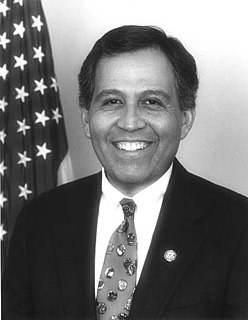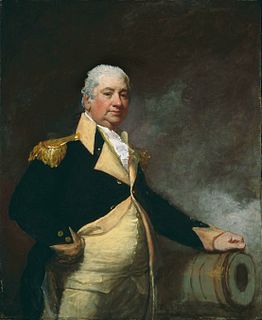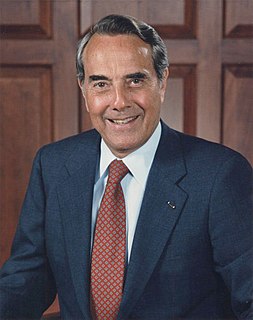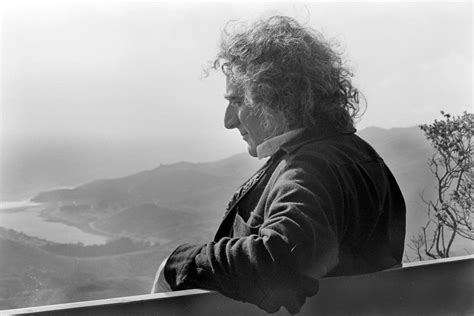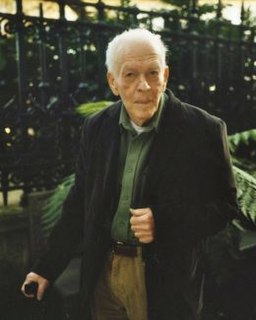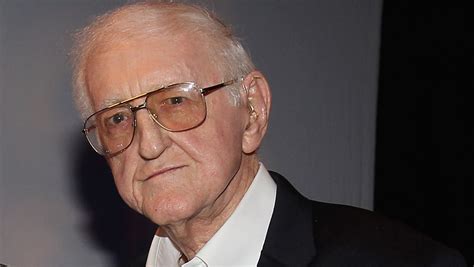A Quote by Jimmy Carter
I'm concerned about the negative aspect of political campaigning in american nation, which is a new phenomenon. When I ran for president against Gerald Ford and later against Ronald Reagan we never referred to each other except as 'my distinguished opponent'. And had we criticised personally our opponent it would have been political suicide, we would have been castigated and condemned for it.
Related Quotes
I like [ Rick] Santorum personally and respect him, but you wouldn't say that he was really that strong of an opponent. At the end of the day it wasn't like [Ronald] Reagan running against [George] Bush, or [George W.] Bush against [John] McCain, even. It's sort of surprising that Romney had as much trouble as he did, and I think it shows a weakness in appeal to those voters.
President [Ronald] Reagan never has tried to become an expert on military matters. He never has endeavored to learn the most important details in that field, which lead to a situation in which his aides played a much greater roles than aides would have played under President Ford or let us say in the whole Nixon-Ford-Kissinger era.
FDR had a certain charisma, at least in his first term, with the big grin, the cigarette holder at a jaunty angle, and the battered hat on his imposing head, but no other American president since then has had it except JFK - indeed, some of them have been positively anti-charismatic, like Gerald Ford, Carter, and the Bushes.
I think that, that it would be hard for New Hampshire to vote for somebody who was a fundamentalist minister, affable as he is. He does seem to actually want to write, for example, a prohibition against abortion into the Constitution , which Ronald Reagan, for all his talking about it, never tried to do one time.
We had the clip of [Donald] Trump saying: I'm not president of the globe. I'm president of the United States.[Ronald] Reagan would have never said that. [Dwight] Eisenhower would have never said that, because he would have said, yes, I'm president of the United States, but it's in our interests to be securing a world order.
To the American people of 1789, their nation promised a new way of life: each individual a free man; each having the right to seek his own happiness; a republican form of government in which the people would be sovereign; and no arbitrary power over people's lives. Less than two hundred years later, almost every aspect of the dream has been lost.
Nonviolent action involves opposing the opponent's power, including his police and military capacity, not with the weapons chosen by him but by quite different means. Repression by the opponent is used against his own power position in a kind of political "ju-jitsu" and the very sources of his power thus reduced or removed, with the result that his political and military position is seriously weakened or destroyed.
We have never said that the fight against the Iranian aggression and against the expansionist Persian tendencies (which have been demonstrated by various means under successive regimes in Iran) is the decisive battle for the Arabs. What we have said, and still say, is that the fight against Zionism is the main decisive battle for the Arabs. This is a great objective reality, which cannot be denied or underestimated except by someone who would not only harm the Arab nation and its main causes, but would also overlook the main danger.





